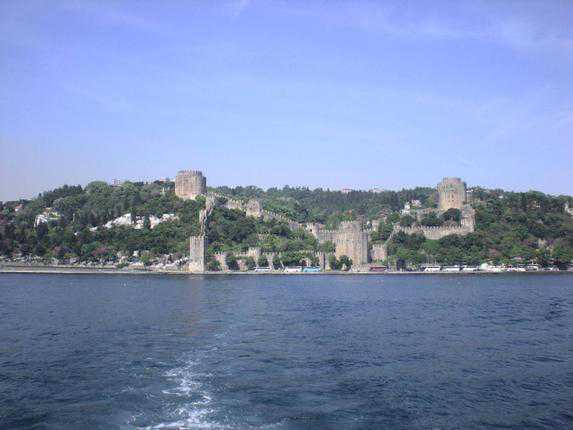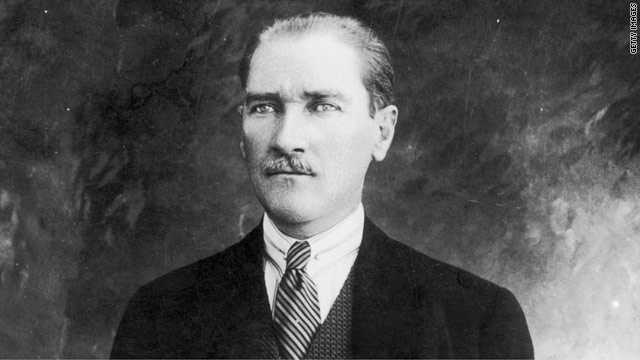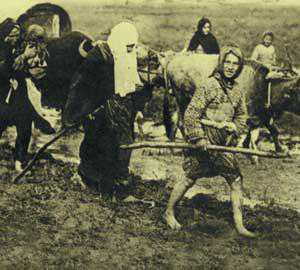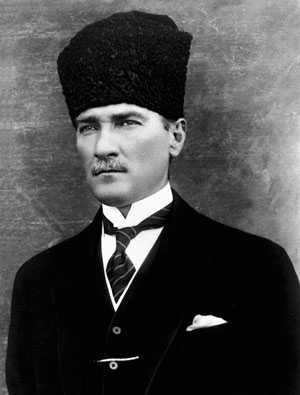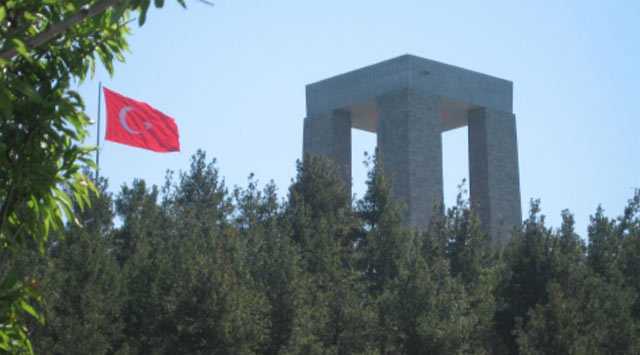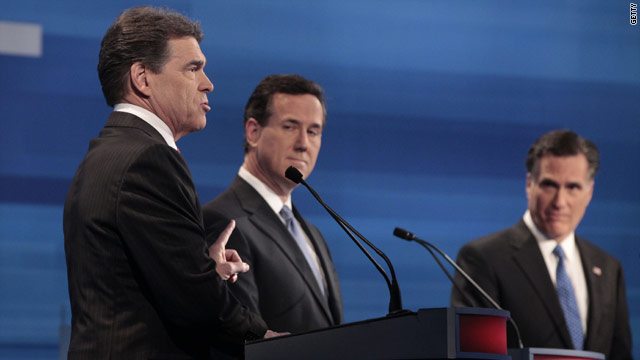In his famous question “who will guard the guardians?” Plato places a rather challenging and provocative question mark in everybody’s mind. Throughout the course of history, political corruption and the tendency of elites to oppress the masses have been witnessed by countless examples. As Lord Acton stated “power corrupts.” In sort, the limitless and unchecked (political) power puts a considerable amount of pressure upon people.
In the case of Turkey, the state-building process and the nature of Turkish political culture gives important signs in analysing the political processes and nature of the relationship between the ruler and ruled. In this context, despite having free and fair elections, Turkey does not have a fully-consolidated democracy. Some argue that the Turkish political system is a procedural democracy.
In recent years, Turkey has been undergoing an enormous transformation process. The civil-military relations have started to normalise whilst separation of powers has been strengthened. In previous decades some political parties, (just like the Republican People’s Party, namely the CHP that is the main opposition party today) abused the Constitutional Court in line with their own ideologies. In addition to that, the Turkish Armed Forces in Turkey used to have an important degree of political autonomy[1] which has been challenged by the Justice and Development Party (the AKP) government in recent years.
Let’s now take a look at today’s Turkey. What has changed and why do I need to ask the famous question propounded by Plato “who will guard the guardians”? In order to answer this question a general framework regarding Turkish political history, political culture and state tradition must be explicated.
The Emergence of Modern Turkey: A Brief Summary
Turkey came into-being after the collapse of the Ottoman Empire. With the collapse of the multi-ethnic, multi-linguistic empire, the military with the leadership of Mustafa Kemal Ataturk played a primary role in the establishment of modern Turkey. In the state-formation process, secularism[2] and Turkish nationalism along with Republicanism have been the most important pillars of the Kemalist ideology. It can be said that, the state formation process in Turkey like the other state-formation experiences aimed to eliminate the differences and standardise the people no matter how different they were in terms of ideology, ethnicity or faith.
The modernisation/Westernisation project which was initiated by Ataturk soon changed the institutional and legal forms and procedures in Turkey. Women’s rights were equalised and the Arabic letters were replaced by the Latin Alphabet. In short, Turkey modernised. However, with regard to universal human rights[3], rule of law and democratic ideals, Turkey’s modernisation process was not so successful.
Political Culture and State Tradition in Turkey
Political culture plays a major role in determining political phenomena. In this context, decision-making processes, political institutions and procedures are also heavily dependent on political culture. Thus, Turkish political culture has a lot to say in order to help us understand its impact upon Turkish political life in general and policy-making processes in particular.
The process through which the bureaucratic tradition was constituted and developed has always been an obstacle against the strengthening of democracy in Turkey. From its genesis, the bureaucratic tradition has had an authoritarian character. That bureaucratic structure has been one of the leading factors that paved the way for the production of elitist and tutelary political tendencies in Ottoman-Turkish political history.
Another important dimension of Turkish political culture is the political position that the Army has been holding since the establishment of the Republic. Unlike its counterparts, the Turkish Army has a considerable amount of political and institutional autonomy which ultimately emphasises its role in guarding the state from “internal enemies”, or better known as strains of political Islam and Kurdish movement. From time to time the military elites exercise direct and/or indirect political authority to a variety of extents.
On the other hand, ultra-secularist understanding in Turkey constitutes another factor that is important in shaping political culture. An important style of secularism is Inonu-style secularism (named after the second president of the Republic, (İsmet Inonu). This is more about the elitist protection of Kemalism.
It must also be underlined that the historical background of Turkey from the very beginning of the Republic experienced an evident antagonism between the state and society. In addition, until the advent of multi-party politics, the high bureaucracy of Turkey along with the military revealed a certain amount of distrust towards society.
On the other hand, the bureaucratic tradition inherited from the Ottoman times has so far played a major role in the production of elitist procedures. Since 1999, with the official European Union candidacy, these elitist and tutelary tendencies have been eroded considerably.
Who Will Guard The Guardians Today?
Since 1999, the Turkish political system has democratised further, whilst a free-market economy has been flourishing at the same time. All these developments also pave the way for the questioning of the state establishment in Turkey. For so many years, the military, the bureaucracy and the judiciary have held undisputedly hegemonic roles in ruling the country. However, in contemporary Turkey, things have changed.
As Nicole Pope says:
“The latest row that has developed between the ruling party and the state and municipal theaters demonstrates once more how entrenched the notion of “us” versus “them” has become in Turkey. For many decades, a small elite was the dominant influence in Turkey. Today, however, the tide has turned and the conservatives are firmly in power, yet they feel the need to demonstrate their dominance in all areas…”
Apart from that, the legal processes regarding terrorist organizations like Ergenekon and KCK have been playing a significant role in undermining the supreme roles of the “guardians” in Turkey. Some of the suspects and criminals in these cases consist of top generals whom I put in the category of the “guardians”.
Turkey has made a considerable amount of progress in consolidating her democracy and empowering rule of law. All these developments tell us that the “guardians” such as the military whose political role used to threaten democracy so far are today not as strong as they used to be.
—————————————————
[1] Umit Cizre Sakallioğlu, “The Anatomy of the Turkish Military’s Political Autonomy” Comparative Politics, Vol. 29, No. 2 (Jan., 1997), pp. 151-166
[2] Secularism in Turkey is called assertive secularism. It does not respect religions as seen in the case of Anglo-Saxon model of secularism.
[3] In the early Republican times, the traumas that came into being as a result of the Kemalist state-building process show how tough measures were taken in an attempt to make the society a monolithic entity. The Independence Tribunals paved the way for the deaths of lots of people who just refused to wear hats or refused other dress codes that the state dictated.
—————————————————
Editor’s Note: Begüm Burak has a BA degree in Political Science and International Relations from Marmara University, Turkey. She completed her MA degree at Istanbul University, Turkey (majoring in Turkish political life) in 2010. She is currently working as a Research Assistant at Fatih University, Turkey, where she is a PhD candidate.

